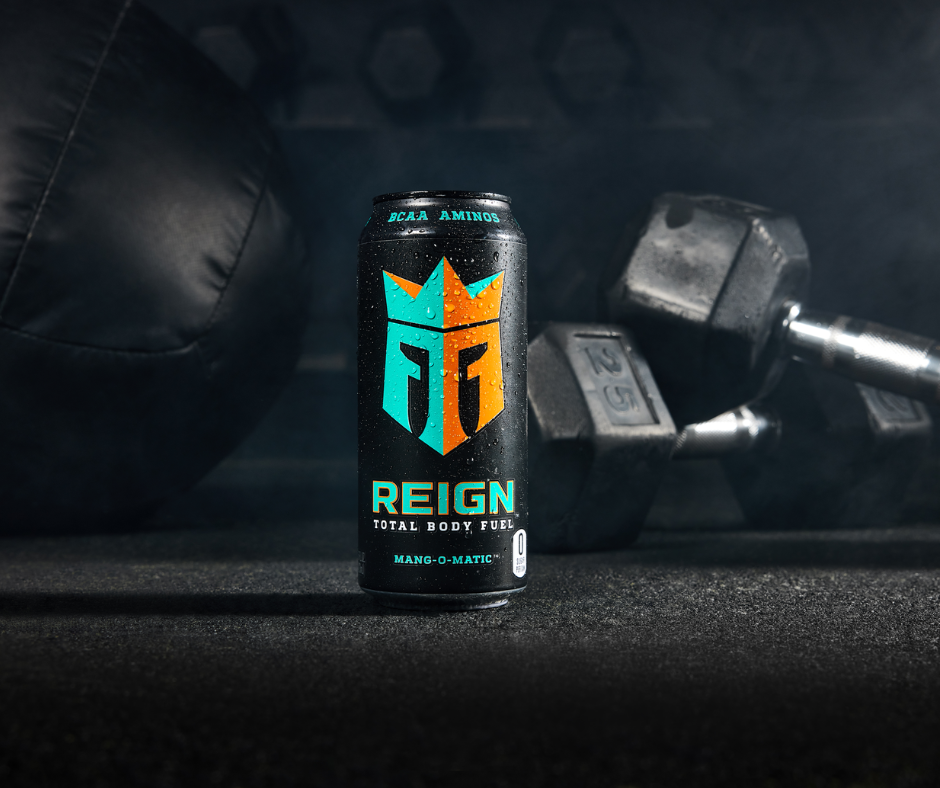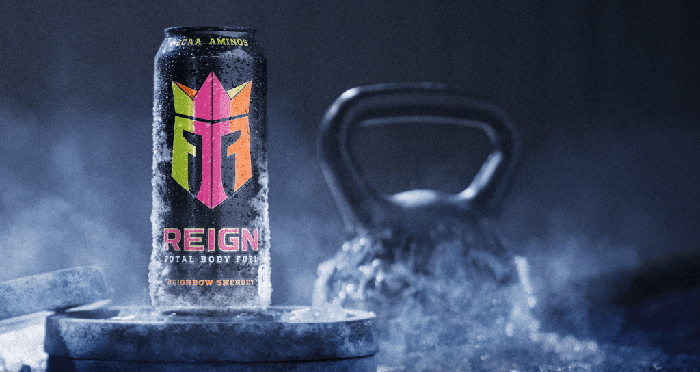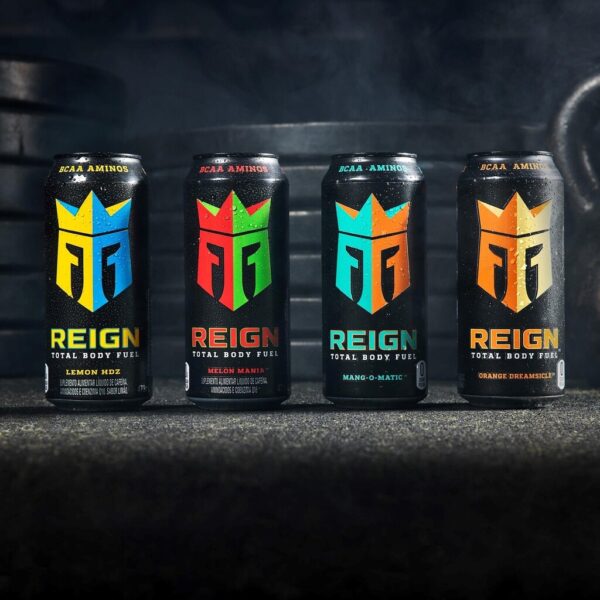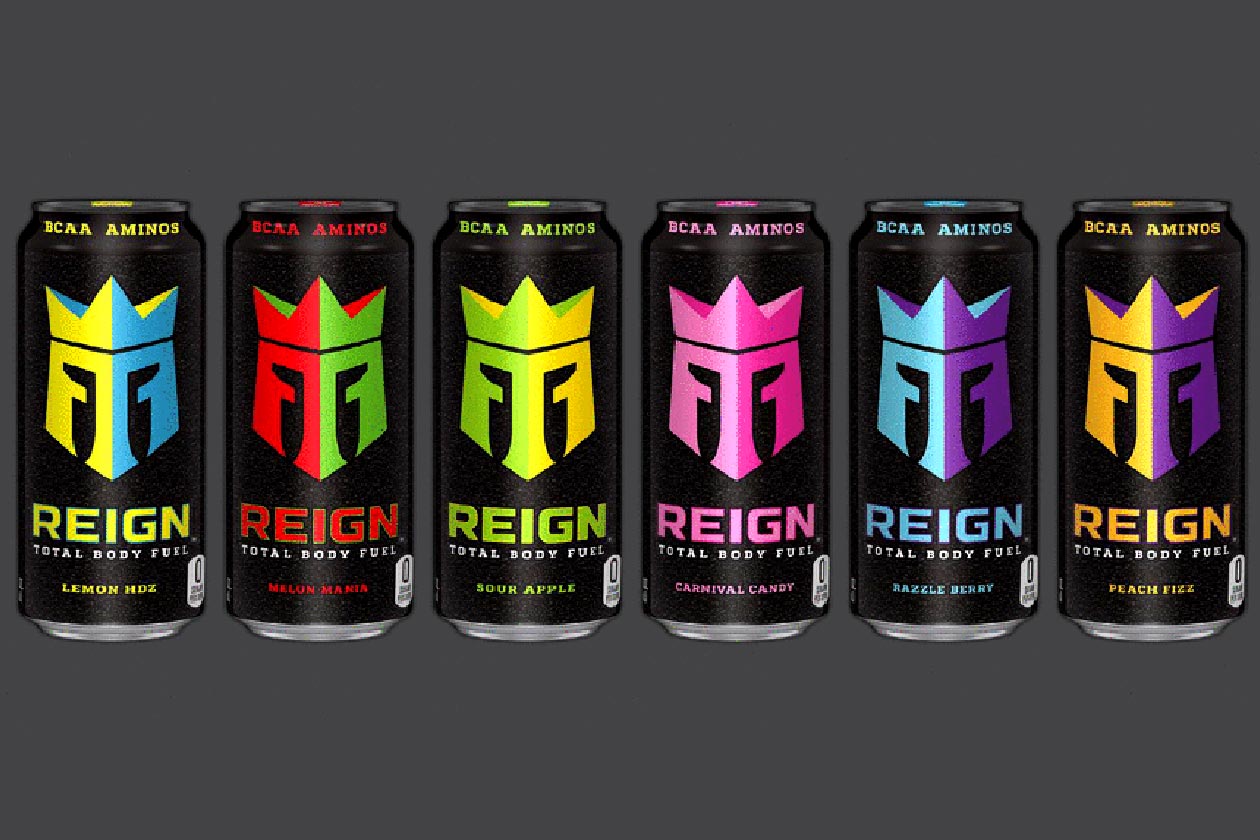Is Reign Energy Drink Bad For You

Energy drinks have become ubiquitous, promising a quick fix for fatigue and enhanced performance. Reign, a popular brand under the Monster Beverage Corporation umbrella, has carved a significant niche in this market, particularly among fitness enthusiasts. But amidst its popularity, questions persist: Is Reign energy drink bad for you?
This article delves into the ingredients, potential health effects, and expert opinions surrounding Reign energy drink to provide a balanced and informed perspective. Understanding both the benefits and risks associated with its consumption is crucial for making responsible dietary choices. The focus is on evidence-based analysis, drawing upon scientific studies and expert statements to clarify the potential impact on consumers' health.
What's in Reign Energy Drink?
Reign's formulation is centered around a blend of energy-boosting compounds. Its key components include caffeine, branched-chain amino acids (BCAAs), electrolytes, and vitamins. The amount of caffeine is significant, typically containing 300mg per 16-ounce can, substantially more than coffee or traditional sodas.
BCAAs are often touted for their muscle recovery benefits, appealing to athletes and those engaged in intense physical activity. Electrolytes aim to replenish minerals lost through sweat during exercise. Vitamins, like B vitamins, are added to support energy metabolism.
Potential Health Concerns
The high caffeine content is arguably the most concerning aspect of Reign. Excessive caffeine intake can lead to various adverse effects. These effects include increased heart rate, elevated blood pressure, anxiety, insomnia, and digestive issues.
The American Heart Association recommends limiting caffeine intake to no more than 400mg per day for most healthy adults. Consuming a single can of Reign nearly reaches this limit, leaving little room for other caffeinated beverages or foods throughout the day. This excess could prove problematic.
Furthermore, individuals with pre-existing heart conditions, anxiety disorders, or caffeine sensitivities are particularly vulnerable to these negative impacts. Pregnant or breastfeeding women are advised to avoid energy drinks altogether due to the potential risks to the fetus or infant.
The combination of caffeine with other stimulants or supplements can also amplify these effects. The long-term effects of chronic high-caffeine consumption are still being studied. These considerations highlight the need for caution.
Expert Opinions and Research
Healthcare professionals often express concerns about the overconsumption of energy drinks, particularly among young people. Dr. Emily Carter, a cardiologist at the National Institute of Health, cautions against relying on energy drinks as a substitute for adequate sleep, proper nutrition, and hydration.
"Energy drinks provide a temporary boost, but they don't address the underlying causes of fatigue," Dr. Carter explains. "Furthermore, the high sugar content in some energy drinks can contribute to weight gain, insulin resistance, and other metabolic problems." Reign, however, is marketed as sugar-free, potentially mitigating some of these risks, but the artificial sweeteners used as substitutes also warrant scrutiny.
Studies have linked energy drink consumption to increased emergency room visits related to cardiovascular issues. The Journal of the American Heart Association published research demonstrating a correlation between energy drink intake and arrhythmias, or irregular heartbeats, particularly in susceptible individuals. This underlines the need for moderation.
Benefits (If Any) and Appropriate Use
While the risks are significant, Reign does offer some potential benefits, particularly for athletes or individuals engaging in strenuous physical activity. The BCAAs may aid in muscle recovery, and the electrolytes can help replenish those lost through sweat.
However, these benefits should be weighed against the potential risks. The International Society of Sports Nutrition suggests that athletes should prioritize proper hydration, nutrition, and sleep, rather than relying solely on energy drinks for performance enhancement. If an athlete chooses to consume Reign, it should be done in moderation and under the guidance of a healthcare professional or registered dietitian.
Furthermore, it's crucial to avoid consuming Reign before or during exercise in hot environments, as this can increase the risk of dehydration and heatstroke.
The Bottom Line
Reign energy drink is a potent beverage that presents both potential benefits and risks. The high caffeine content raises concerns about cardiovascular health, anxiety, and sleep disturbances. The consumption should be approached with caution, especially for individuals with pre-existing health conditions or caffeine sensitivities.
While it may offer some advantages for athletes in terms of muscle recovery and electrolyte replenishment, these benefits should be balanced against the potential adverse effects. Prioritizing proper nutrition, hydration, and sleep remains paramount for overall health and performance. Moderation and informed decision-making are key to mitigating risks.
Ultimately, whether Reign is "bad" for you depends on individual factors, consumption habits, and overall health status. Consulting with a healthcare professional is advisable to determine if energy drink consumption is appropriate and safe. Making informed choices is essential for protecting your well-being.


















